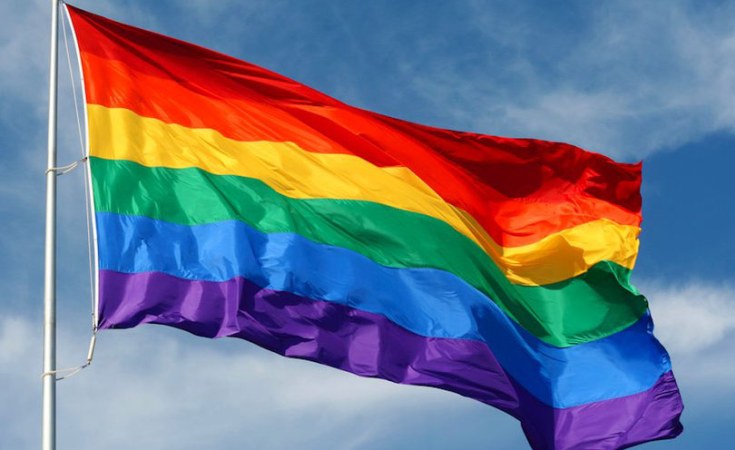Nairobi — A man whose body was discovered stuffed in a metallic box in Uasin Gishu's Kipenyo-Katinga Road has been identified as that of a popular Lesbian, Gay, Bisexual, Transgender, Queer (LGBTQ) activist and fashionista Edwin Chiloba.
Reports suggest that the box with the victim's body was dumped in the area by a vehicle whose registration number was concealed before a Bodaboda rider alerted authorities.
A video circulating on the internet shows police officers on the scene opening the metallic box before removing the body, clad in woman's attire with a horrified crowd milling around the body.
His body is currently lying at the Moi Teaching and Referral Hospital (MOTRH) pending a post-mortem examination.
Another video believed to have been shot before his death during the new year's celebrations shows the model at an entertainment joint in the company of unidentified people believed to be his friends dancing and singing to Sauti Sol's Live and Die in Africa dressed in the same attire that his body was discovered in.
The motive for his death still remains unclear even as detectives try to piece together circumstances surrounding it.
Chiloba's murder has sparked outrage among a section of Kenyans who have condemned the act, calling on authorities to expedite investigations into his death.
The killing of Chiloba has reignited debate about LGBTQ rights in Kenya.
In April last year, another LGBTQ member Sheila Lumumba's body was discovered in Nairobi days after she went missing.
On May 2019, a three-judge bench of the High Court upheld sections of the Penal Code criminalizing same-sex relations, saying the impugned provisions were consistent with Article 45 of the Constitution.
The petition was filed in 2016 by Eric Gitari but the court had enjoined other parties, notably Non-Governmental Organisations promoting the rights of lesbian, gay, bisexual, and transgender persons.
Justices Roselyne Aburili, Chacha Mwita, and John Mativo noted that invalidation of Sections 162 and 165 of the Penal Code would violate the constitutional provision that defines marriage as a union between consenting adults of the opposite sex.
"Article 45 (2) of the Constitution only recognises marriage between adult persons of the opposite sex. In our view decriminalizing same-sex sex on grounds that it is consensual and is done in private between adults would contradict the express provision of Article 45 (2)," Lady Justice Aburili outlined.
While delivering the much-awaited ruling, which was postponed in February due to logistical and scheduling challenges, the judges noted that nullifying Sections 162 and 165 of the Penal Code would open a floodgate for same-sex unions.
The bench said a majority of Kenyans - who backed the express constitutional provision defining marriage as a union between persons of the opposite sex and enjoined the State to protect the family - would be undesirous of changes to the Penal Code that would circumvent Article 45.
The petitioners' argument that they are not seeking to be allowed to enter into same-sex marriage is in our view immaterial given that if allowed it would lead to same-sex persons living together as couples," Lady Justice Aburili stated.
The bench cited constitutional conformity arguing that jurisdictions that have decriminalized same-sex relations lacked constitutional provisions disallowing gay and lesbian relations.


